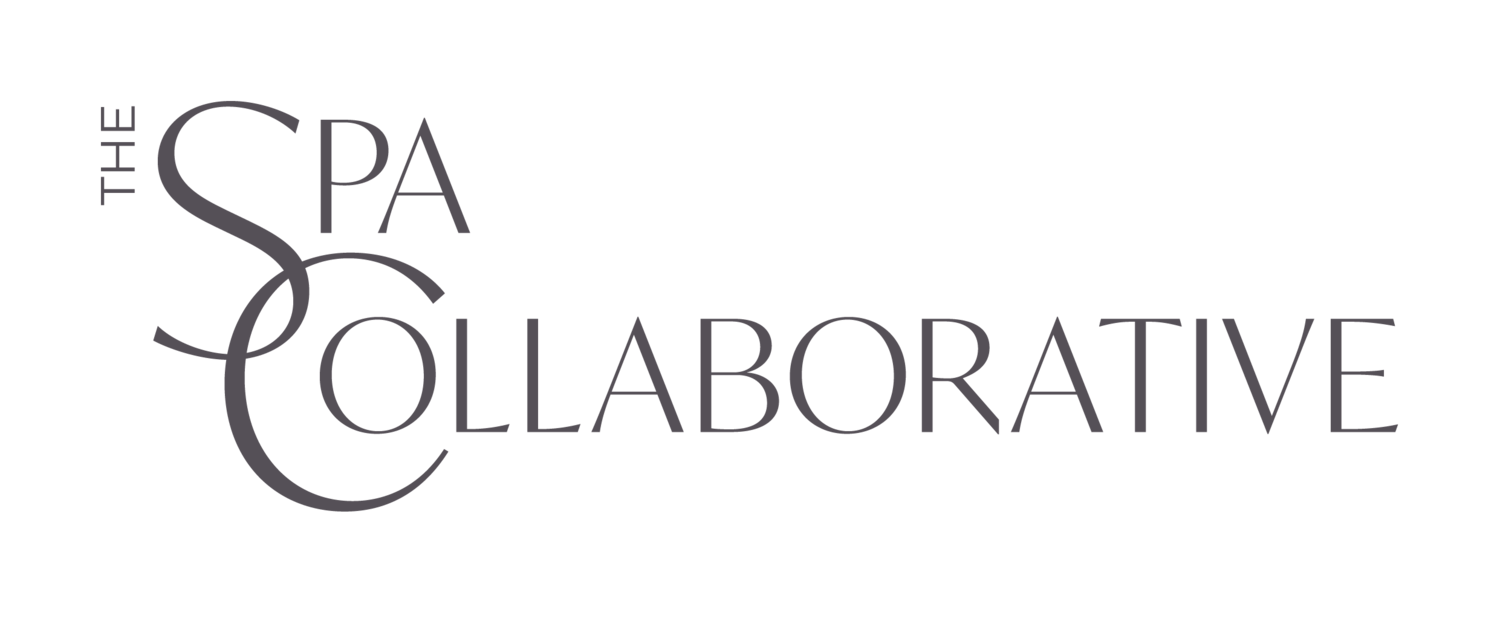EMOTIONAL INTELLIGENCE IN LEADERSHIP
The ability to monitor our own and other people’s emotions and alter our behaviours and leadership style accordingly is more important than ever.
There is a fine line between managing your emotions and masking them, leadership during this period and for the foreseeable future requires us to be the master of emotional management but also be as transparent and honest as possible. Not an easy task and one made even harder by the fact the emotions we are managing are more extreme and more prolonged than we have known before.
Share your purpose, honestly. Whether it is just keeping the doors open or dialling up the innovation make sure your team are with you, understand you and are well communicated with. Transparency is key to moving forward as a safe and stable unit. A good place to start is to know what you value, what your team value, write them down and make sure everyone knows, what you, collectively will not compromise on
Be accountable. Leadership always needs to be held accountable but now more than ever, your team need to know that you are there to deal with the consequences of challenges they may face. Fear is a very prevalent emotion in periods of adversity and your stability and acknowledgement of your commitment significantly helps in relieving issues which are borne of fear and anxiety.
Take the holistic approach to every individual in your team. Everybody is going through something, recognisable or not. Making sure that physical, emotional, and intellectual needs are met goes a long way in making your environment a safe place for your team and customers.
Take some time to talk to your team about being aware of their own emotions and then give them tools to manage these. A totally inappropriate analogy but teaching my two year old how to manage his anger and frustration (we went for the stamp your feet, growl and then talk about it approach) minimised our tantrums by at least 1%, and no that’s not a typo, any win, not matter how small, matters with a 2 year old.
Prepare for a slow recovery, set realistic goals. The rejuvenation of the industry, as we all know, will take time and inevitably our understanding of our customers’ needs will change. Leading without our usual ‘reach for the stars’ approach will encourage realistic strategy and ultimately build that trust amongst customers and employees alike.
This also gives you some much needed breathing space to regroup. Reflection is the first stop in being able to establish a strategic and successful path forward. The urge will be to hustle, work harder, get busier, look at more forums, engage in more conversations, but at some point, silence and reflection need their space in your mind too. Mentally consolidate all the information you have, form your own opinions on it, establish how you want to present your business as you emerge from this period to allow for long term, consistent growth.
Protect your own mental health. Leadership in any form comes with natural pressures and now that pressure is magnified. As we have heard countless times, we do not have a precedent for the future, we don’t know what it will look like for our industry, so if you only take one piece of advice from us, take this. Look after yourself.
Another buzz word, self-care. We have heard it so often and so often when you get that advice, ‘look after yourself’ it’s during a period when your own wellbeing has slipped to number 10 on the to do list because it HAS to. However, self-care does not have to take time, its simple changes that can ease the pressure. Saying ‘no’ sometimes, saying ‘yes’ sometimes, saying ‘I don’t know’ sometimes, giving yourself a break about not self-caring enough sometimes.
Emotional Intelligence in leadership roles has never been more important, nor has it been harder to achieve. To end this with an inspirational quote.
‘We don’t need an inspirational quote; we need a massage’.
Sign up to The Spa Collaborative for the latest Spa industry news and insights along with resources and support for moving your spa business forward
